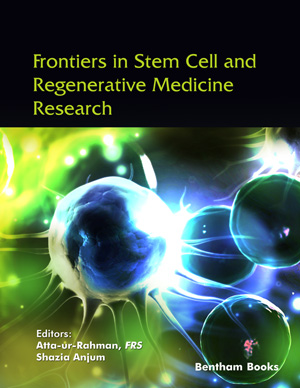Abstract
Articular cartilage is an avascular tissue without innervations, characterized by low cell density and abundant extracellular matrix (ECM). These characteristics leave articular cartilage with very limited capacity of repair and regeneration. Common injuries and degenerative diseases often lead to progressive dysfunction of articular cartilage, even joint arthroplasty finally. In recent years, cell-based therapies targeting cartilage-related diseases have aroused strong interests of doctors and researchers. Mesenchymal stem cells (MSCs) have the ability to self-renew and differentiate into multilineage cell types such as osteocytes, chondrocytes and adipocytes. The chondrogenic differentiation of MSCs is regulated by many factors, including oxygen tensions. Evidences have suggested that low oxygen tension or hypoxia is involved in the chondrogenic differentiation of MSCs. Expansion and chondrogenic induction of MSCs under hypoxia generally result in enhanced chondrogenic differentiation, although with some inconsistent result. Hypoxia inducible factors (HIFs) are a group of transcription factors. Their stability and transactivation may be essential to the effect of hypoxia on the chondrogenic differentiation of MSCs. PI3K/Akt/FoxO pathways may also be involved in enhanced chondrogenic differentiation under hypoxia. In this review, we discuss the roles of hypoxic conditions in chondrogenic differentiation of MSCs and mechanisms underlying cellular responses to hypoxia.
Keywords: Chondrogenic differentiation, HIFs, hypoxia, mesenchymal stem cells, tissue engineering, cartilage repair.











